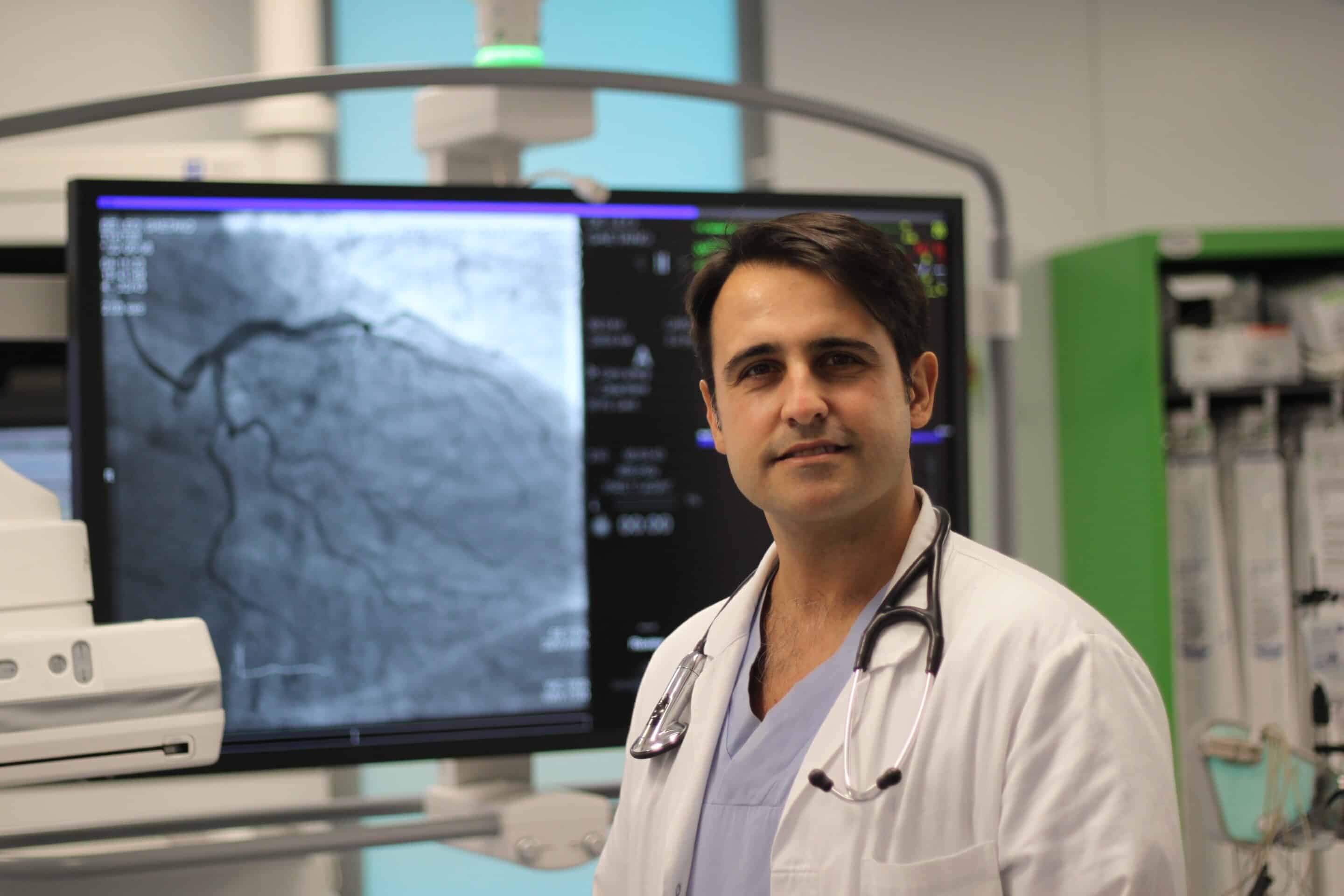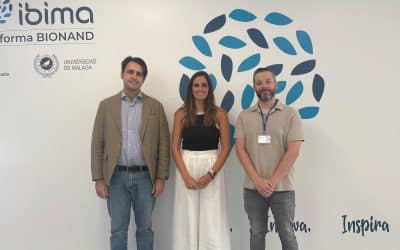ORACLE
Optimize risk prediction after myocardial infarction through artificial intelligence and multidimensional evaluation
ABSTRACT
Myocardial infarction (MI) is a leading cause of death worldwide. After MI, long-term antithrombotic therapy is crucial to prevent recurrent events, but increases bleeding, that also impacts morbidity and mortality. Giving these competing risks prediction tools to forecast ischemic and bleeding are of paramount importance to inform clinical decisions, but their current precision is limited.
Improve events prediction, by discovering novel and innovative markers of risk would have a tremendous impact on therapeutic decisions and patients’ outcome. I hypothesize that using innovative multidimensional information from wearable devices, biomarkers, behavioural patterns and non-invasive imaging, integrated through artificial intelligence computation, we may discover novel “computational biomarkers” of risk and improve current standards of risk prediction. In this project, I will enrol a large cohort of MI patients, whereby prospective collection of consolidated and innovative potential risk predictors will take place, in order to generate a comprehensive and multidimensional dataset. I will collect data from state-of-the-art non-invasive imaging, blood biomarkers, wearable medical devices of continuous heart electrical activity, sweat, mobility and behavioural patterns to create a large physiological time series allowing patients’ deep phenotyping. We will therefore analyze data leveraging artificial intelligence computation to find relevant associations with clinical outcomes, and compare new algorithms with current risk prediction tools.
This research will increase our knowledge on bleeding and ischemic risk factors, enabling enhanced capability predictions models. In the near future, we hypothesize that our clinically-guided Artificial Intelligence algorithm might be integrated in clinical practice, helping clinicians to inform treatment decisions, patients to better understand their risk profile, finally setting a common ground for shared patient/physician decisions.
OBJECTIVE
Myocardial infarction (MI) is a leading cause of death worldwide. After MI, long-term antithrombotic therapy is crucial to prevent recurrent events, but increases bleeding, that also impacts morbidity and mortality. Giving these competing risks prediction tools to forecast ischemic and bleeding are of paramount importance to inform clinical decisions, but their current precision is limited. Improve events prediction, by discovering novel and innovative markers of risk would have a tremendous impact on therapeutic decisions and patients’ outcome. I hypothesize that using innovative multidimensional information from wearable devices, biomarkers, behavioral patterns and non-invasive imaging, integrated through artificial intelligence computation, we may discover novel “computational biomarkers” of risk and improve current standards of risk prediction. In this project, I will enroll a large cohort of MI patients, whereby prospective collection of consolidated and innovative potential risk predictors will take place, in order to generate a comprehensive and multidimensional dataset. I will collect data from state-of-the-art non-invasive imaging, blood biomarkers, wearable medical devices of continuous heart electrical activity, sweat, mobility and behavioral patterns to create a large physiological time series allowing patients’ deep phenotyping. We will therefore analyze data leveraging artificial intelligence computation to find relevant associations with clinical outcomes, and compare new algorithms with current risk prediction tools. This research will increase our knowledge on bleeding and ischemic risk factors, enabling enhanced capability predictions models. In the near future, we hypothesize that our clinically-guided Artificial Intelligence algorithm might be integrated in clinical practice, helping clinicians to inform treatment decisions, patients to better understand their risk profile, finally setting a common ground for shared patient/physician decisions.

Project Information
-
-
- Program: ERC-2023-STG – ERC STARTING GRANTS
- Project Reference: 101128437
- Duration: April 2024 to March 2029
- Implementation Centre: Hospital Universitario Virgen de la Victoria
- Research group of IBIMA involved: Cardiovascular Research for Health
-
Principal Investigator

Dr. Francesco Costa
📩app.oraclemi@gmail.com
Team
- Prof. Andrés Ortiz – Computational Scientist
- Dr. Arancha Diaz Exposito – Investigador Clinico
- Dr. Jorge Rodriguez-Capitan – Investigador Clinico
- Dr. Jose Manuel Garcia Pinilla – Investigador Clinico
- Dr. Cristobal Urbano Carrillo – Investigador Clinico
- Dr. Juan Jose Gomez Doblas – Investigador Clinico
- Prof. Manuel Jimenez-Navarro – Investigador Clinico
Follow our social Networks
ORACLE MI
NEWS ABOUT THE PROJECT
IBIMA acoge la formación «Artificial Intelligence in Cardiovascular Pharmacotherapy»
IBIMA Plataforma BIONAND ha celebrado en la mañana del miércoles, 10 de septiembre de 2025, la sesión formativa Artificial Intelligence in Cardiovascular Pharmacotherapy, una iniciativa que refuerza la importancia del proyecto europeo ORACLE liderado por el Dr....
ORACLE en los medios
El Instituto de Investigación Biomédica de Málaga y Plataforma en Nanomedicina se enorgullece de anunciar que han sido seleccionado para albergar un proyecto financiado con una "ERC Starting Grant" de la Comisión Europea. Esta subvención, que asciende a un millón y...


